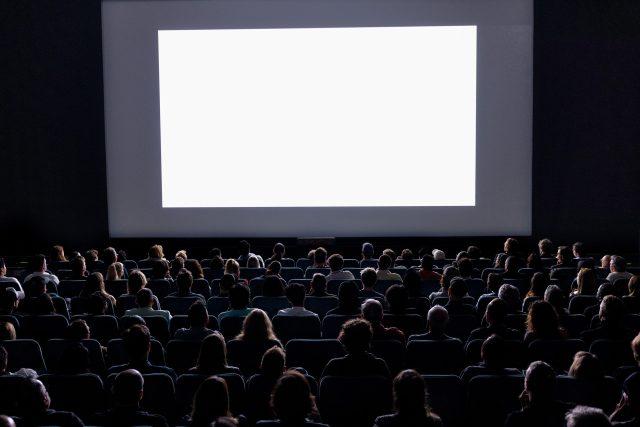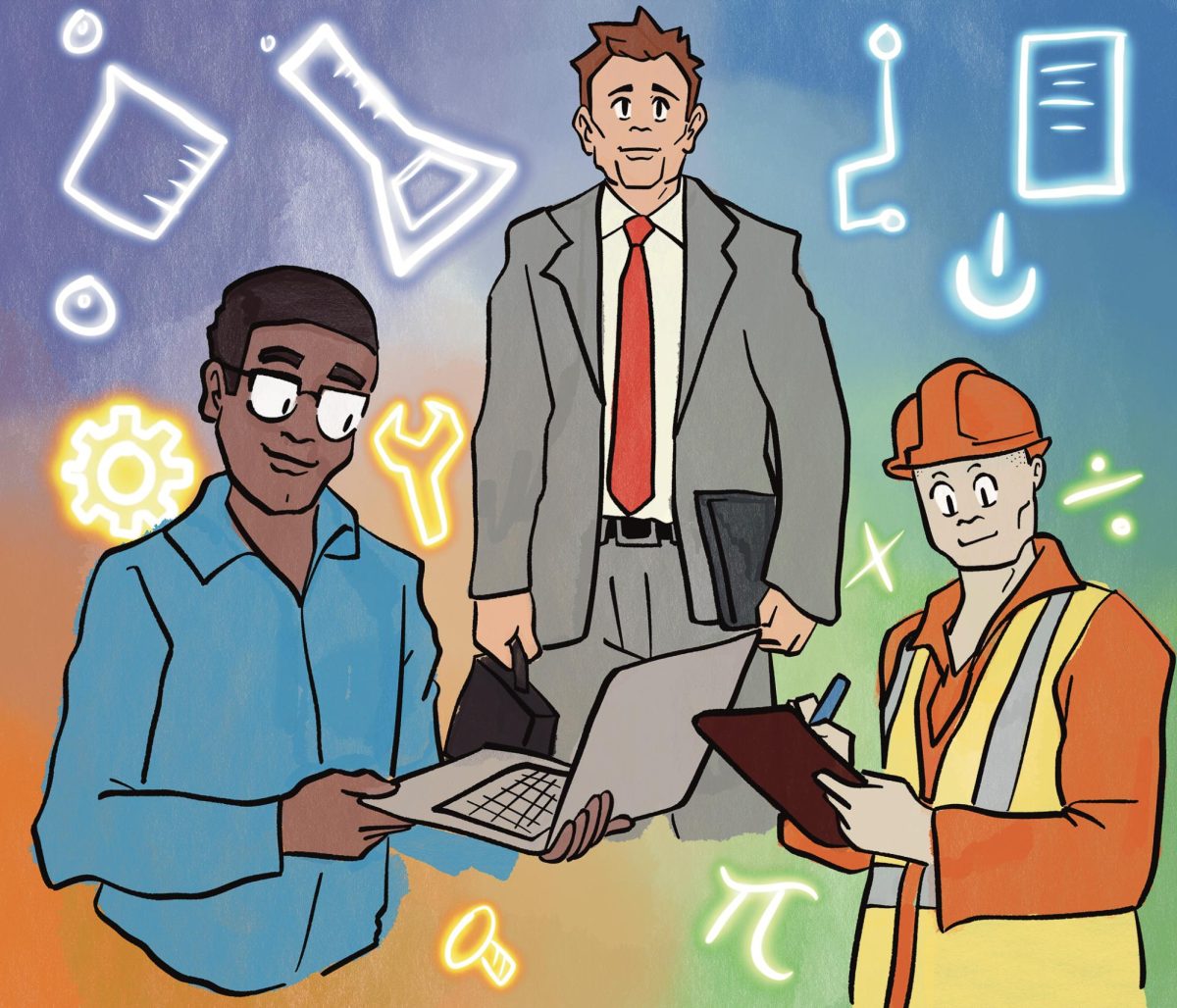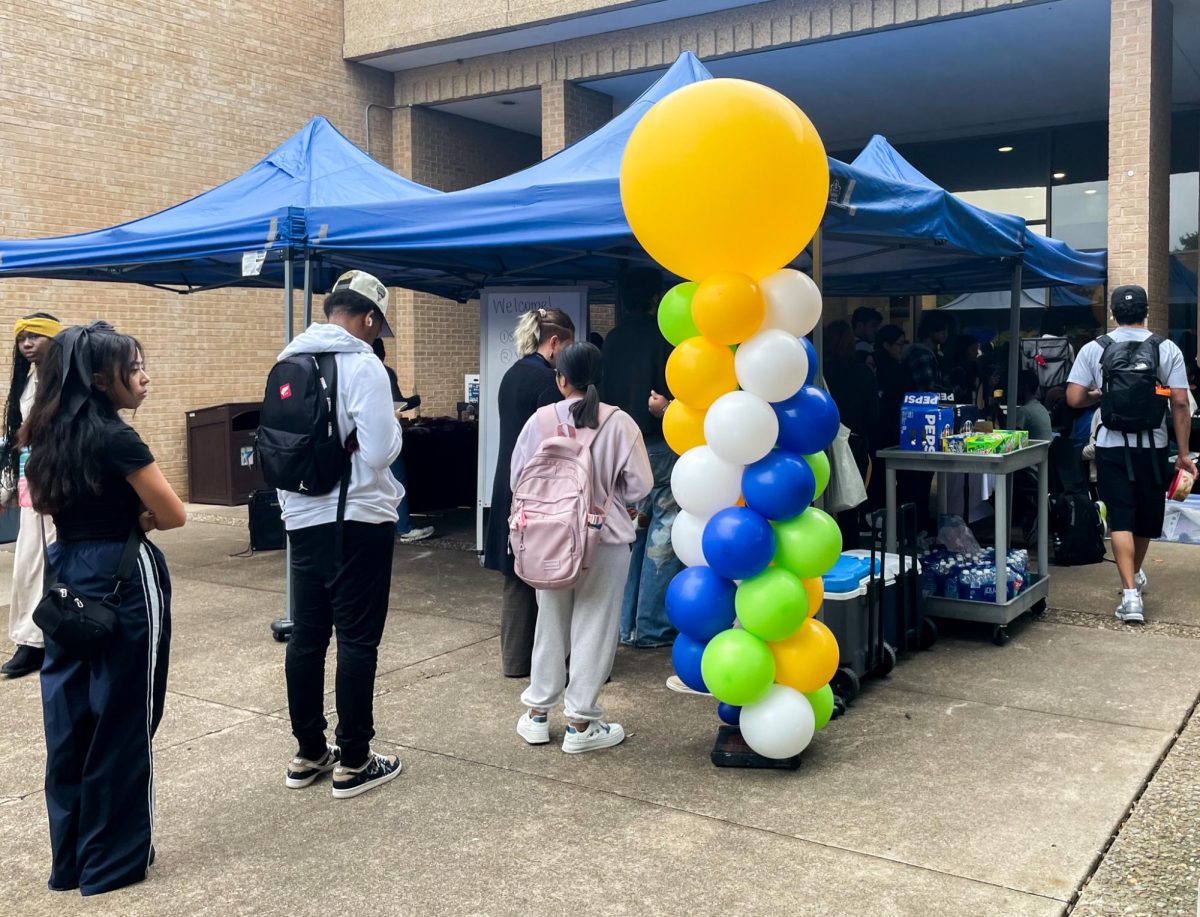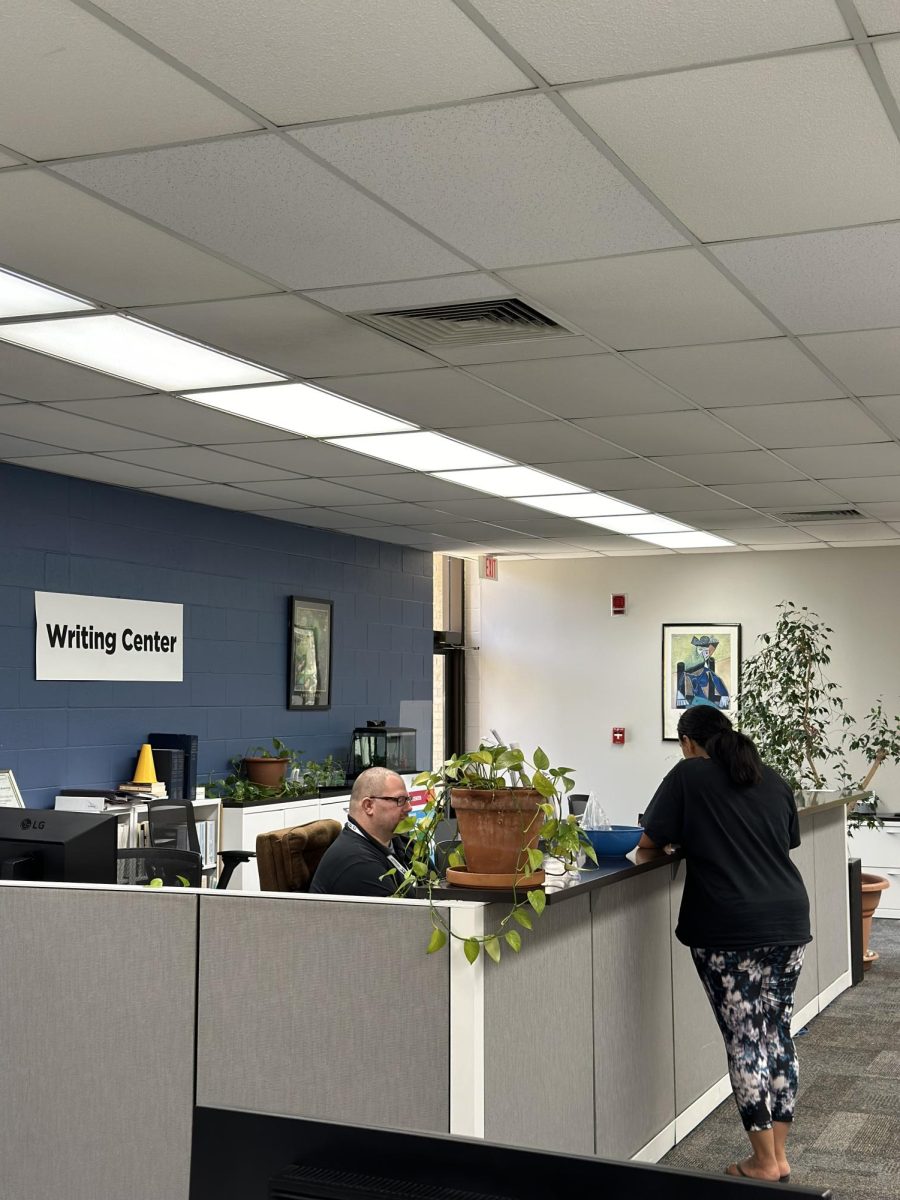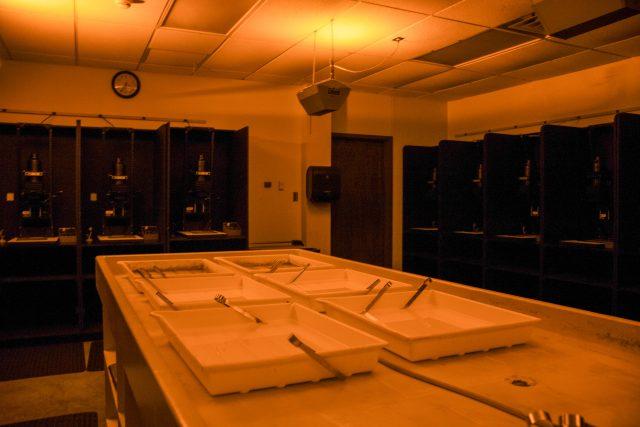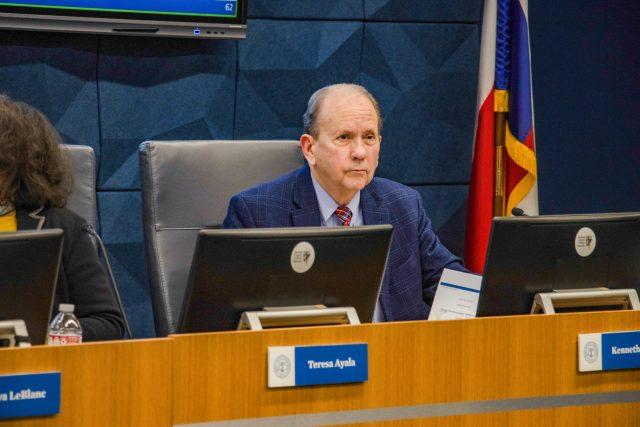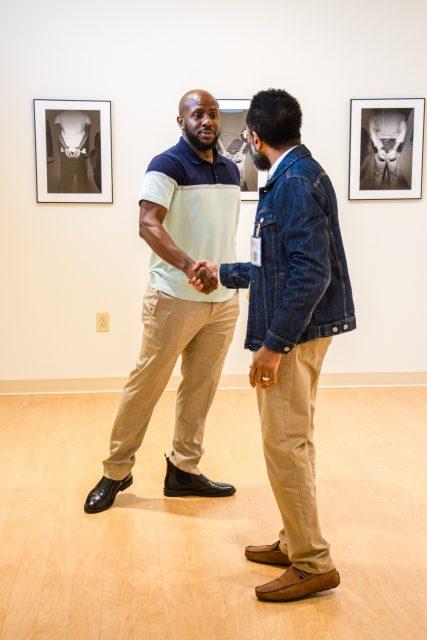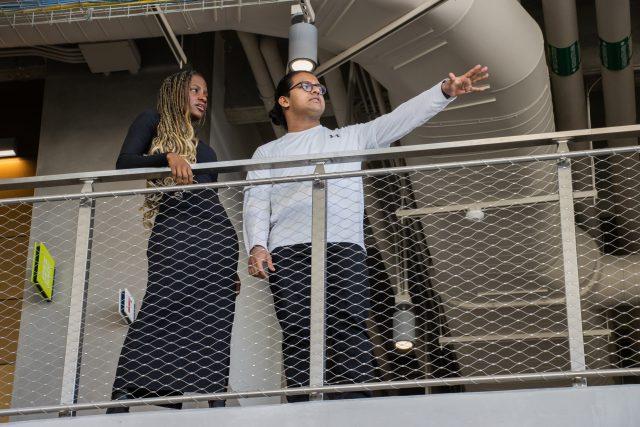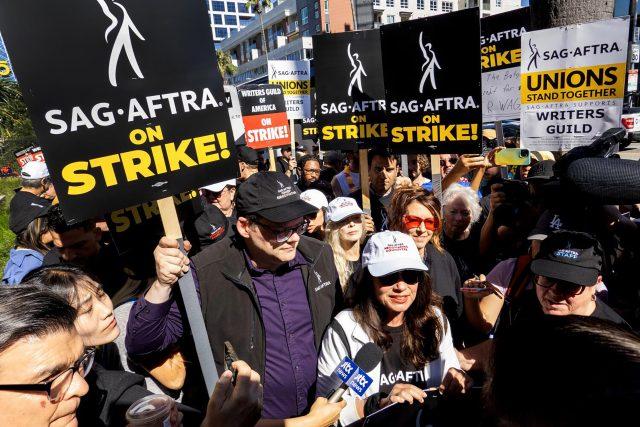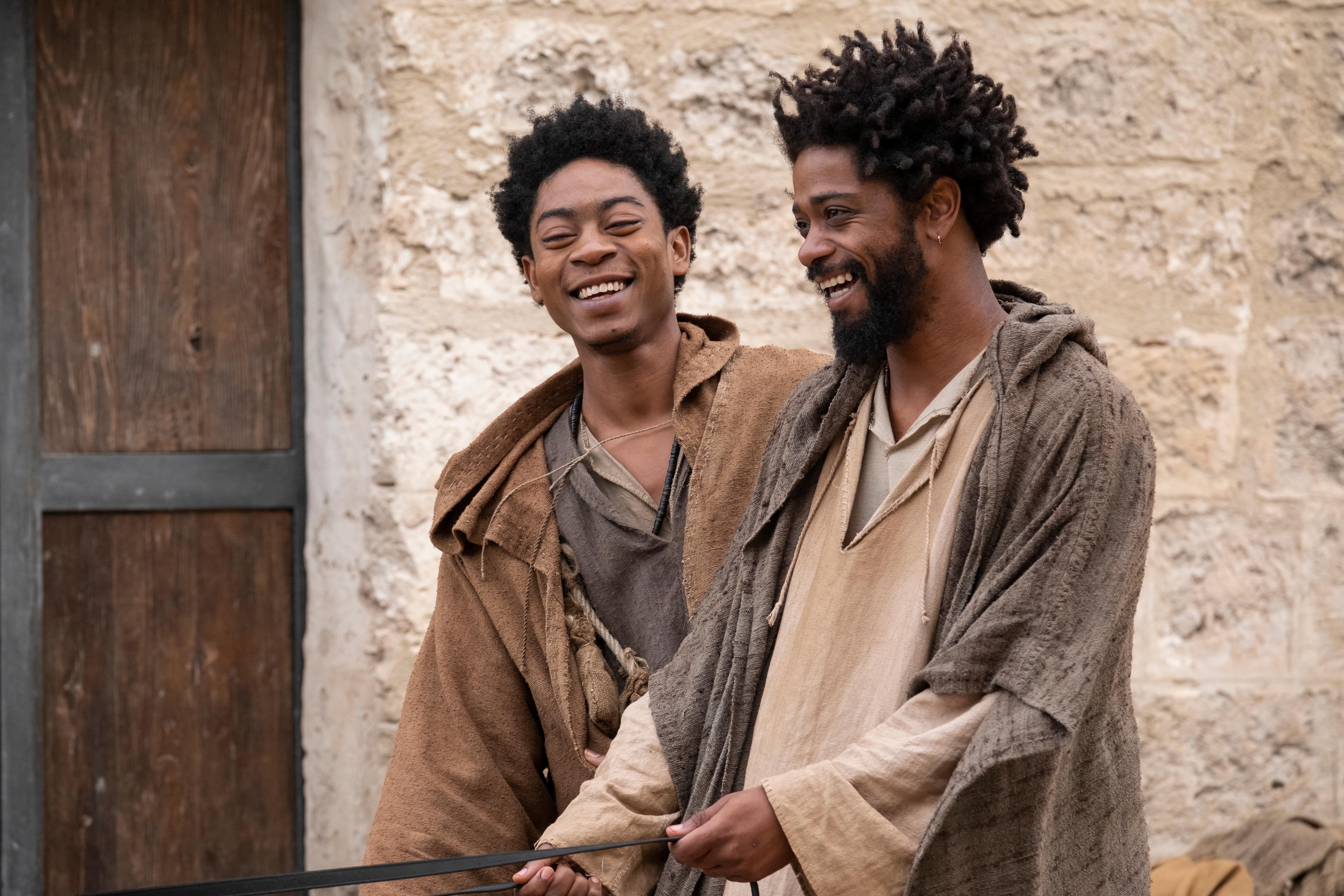KEVIN MORALES
staff reporter
collegian.editor@tccd.edu
AI developments in film has created discussion on the topic of efficiency and the future of jobs in the industry.
NE RTVF instructor Chad Jones is worried that AI will chip away at some jobs by getting rid of assistant editors. With AI tools being adding to editing programs, such as Photoshop, Adobe Suites and Adobe Premiere, the possibilities become endless.
“I would say that the demand for an official assistant editor has gone down a lot based upon these automation tools that are in the software,” Jones said. “My personal opinion is that I think we need to start teaching our students how to use these tools and get a little bit ahead of the curve. It’s developing fast.”
NE RTVB student Mary Payton feels that AI can be helpful to an extent. However, she believes it should not override work ethic.
“It’s helpful to a point, you know, don’t get me wrong, AI can make us a little lazy. But I don’t foresee it getting rid of jobs,” Payton said. “It makes us think a little bit further. If I can get it to do this, or I want this to happen, how can I make this happen? But in the other sense, it’s making us a little complacent.”
Payton is getting her associate degree after having already done school, but is pursuing her passion by further expanding her knowledge on aspects of film, radio and television. She does not worry about AI in film, and says she even uses it for some of her projects and shows.
Even with AI, Payton believes there are many things that AI won’t be able to do, like replace editors.
“You may not need as many [editors] depending on what the project is,” she said. “You’re going to need multiple editors because this is a lot of stress. If you’re trying to edit sound, you’re trying to edit video and you’re trying to edit you know the other things that go with a production. It’s hard for one editor to be able to do that, having to make sure 100% is correct.”
Gilbert Manuel, an aspiring scriptwriter, believes that the usage of AI in the film industry is a very negative aspect of the creation of films. He believes that by having these tools in hand many of the inspiring and current actors, editors, and scriptwriters are scared of possibly not finding a job or losing their job to the usage of AI.
“It’s not a great thing because the writers and actors strike just happens, it takes away people’s jobs,” Manuel said. “It might seem like it’s original, but in reality it’s not. It can’t replicate what the human mind can create. It only uses limited information from previous work and you know, AI it’s just not natural.”
Manuel believes that it’s necessary to strike against the growing use of AI in the industry. He thinks by having the option of AI, workers will feel less motivated to create and be a part of these bigger companies and studios who will feel more obligated to go down that route of using AI.
“Big studio executives or CEOs are gonna see AI and view that as a cheaper, more viable option, rather than hiring someone who could cause problems or think that AI is probably a safer option,” Manuel said. “It doesn’t help a lot of people when they know that a company could just fire them in a second and then just go to AI. I know many people are scared of AI taking their jobs, especially since it’s becoming easier and more advanced, it’s progressing, and it’s not gonna get any slower, if anything is gonna get even better and better.
Jones acknowledged the potential of AI to alleviate the workload of practitioners in film.
“The plus is, if you’re a practitioner using these tools, it speeds you up and makes you able to work on a higher level or, I guess higher level creative activities. On the downside is that it does eat away at some jobs,” Jones said. “But, I see the potential for it to cause downward pressure on wages because things are easier to do”






















